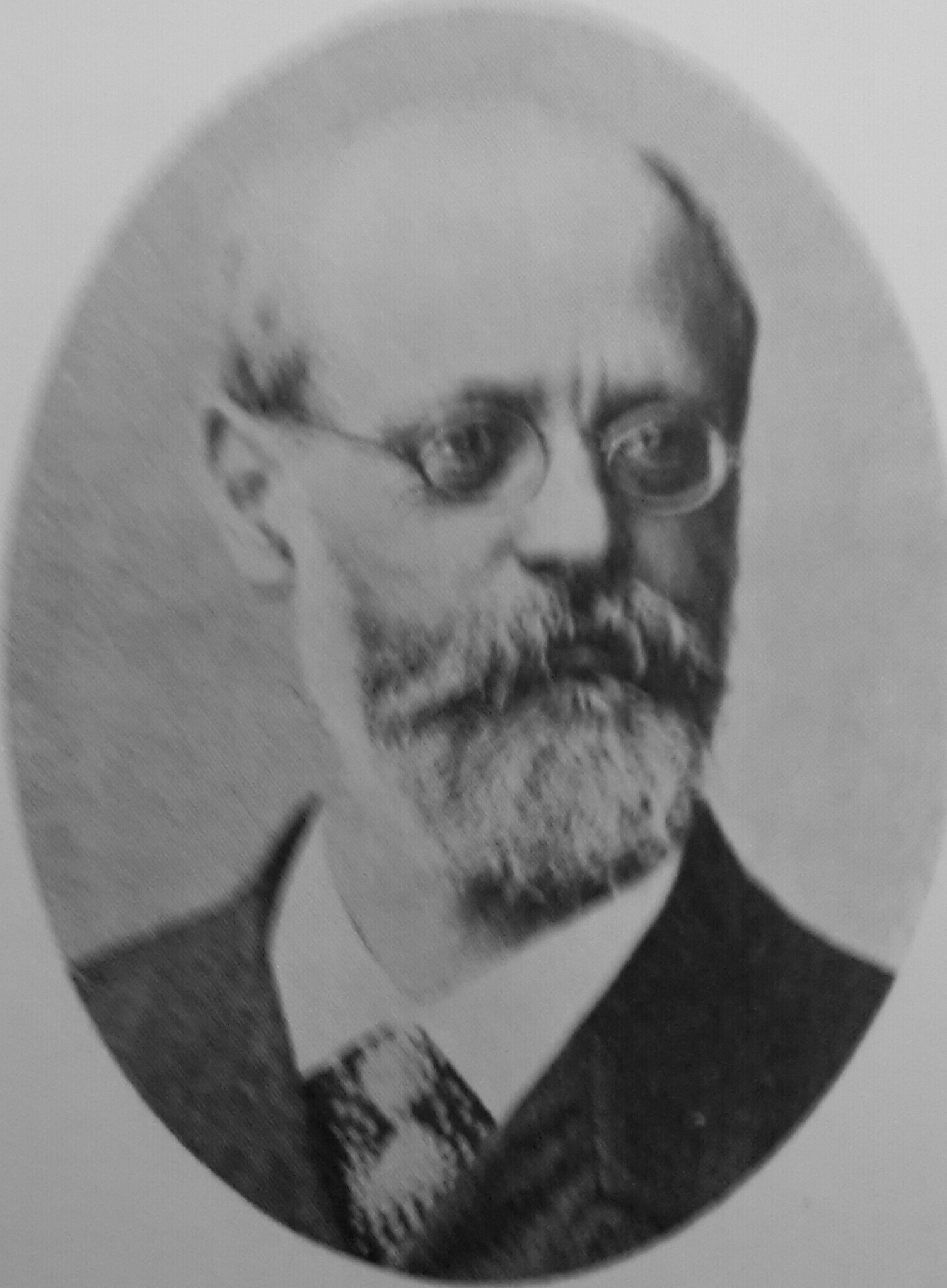Karl Kautsky
 Karl Johann Kautsky (; ; 16 October 1854 – 17 October 1938) was an Austro-German philosopher, journalist, and Marxist theorist. He was one of the most authoritative promulgators of orthodox Marxism after the death of Friedrich Engels in 1895 and was for decades the leading theorist of the Social Democratic Party of Germany (SPD) and the Second International. His influence was so pervasive that he was often called the "Pope of Marxism", and his views dominated European Marxism until the outbreak of World War I in 1914.
Karl Johann Kautsky (; ; 16 October 1854 – 17 October 1938) was an Austro-German philosopher, journalist, and Marxist theorist. He was one of the most authoritative promulgators of orthodox Marxism after the death of Friedrich Engels in 1895 and was for decades the leading theorist of the Social Democratic Party of Germany (SPD) and the Second International. His influence was so pervasive that he was often called the "Pope of Marxism", and his views dominated European Marxism until the outbreak of World War I in 1914.Born in Prague and educated in Vienna, Kautsky became a Marxist in 1881 through his association with Eduard Bernstein, while in exile in Zurich. He founded the influential journal ''Die Neue Zeit'' in 1883 and was its editor for 35 years. From 1885 to 1890, he lived in London, where he became a close friend of Engels. Following the repeal of Germany's Anti-Socialist Laws, he authored the theoretical section of the SPD's 1891 Erfurt Program. His commentary on the program, ''The Class Struggle'', became a popular and widely circulated summary of Marxism.
Kautsky's orthodox Marxism advocated a gradualist, evolutionary approach to socialism. He argued that a socialist revolution was inevitable but could not be forced prematurely. The role of a socialist party was to organise the working class, win political reforms, and improve workers' lives through the institutions of bourgeois parliamentary democracy, until material conditions were ripe for the transition to socialism. This "centrist" position, positioned between reformism and revolutionary radicalism, drew him into major conflicts. He defended Marxist orthodoxy against the revisionism of his friend Bernstein, opposed the revolutionary spontaneity advocated by Rosa Luxemburg, and became a lifelong critic of Vladimir Lenin and the Bolsheviks.
Kautsky's pre-war influence collapsed after 1914. He opposed the SPD's decision to support the German war effort, which led him to break with the party and co-found the anti-war Independent Social Democratic Party of Germany (USPD) in 1917. After the war, he became a prominent critic of the October Revolution, denouncing it as a premature coup that had established a new form of dictatorship. He argued that the Bolsheviks' methods had betrayed the democratic principles he saw as essential to socialism. He rejoined the SPD in 1922 but his influence steadily declined. He fled to Amsterdam after the 1938 Anschluss of Austria, where he died the same year. Vilified by Leninists as a "renegade", Kautsky is seen by others as a consistent proponent of democratic socialism whose work continued to influence democratic socialist and Eurocommunist currents. Provided by Wikipedia
-
1